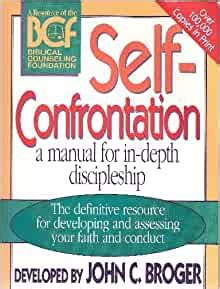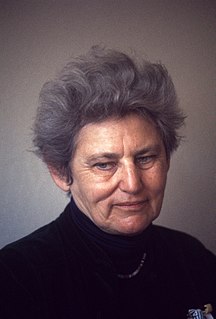A Quote by Pearl S. Buck
Never, if you can possibly help it, write a novel. It is, in the first place, a thoroughly unsocial act. It makes one obnoxious to one's family and to one's friends. One sits about for many weeks, months, even years, in the worst cases, in a state of stupefaction.
Related Quotes
I have a theory about marriage, Monsieur Boustouler. And it’s that nearly always you will know within two weeks if it’s going to work. It’s astonishing how many people remain shackled for years, decades even, in a protracted and mutual state of self-delusion and false hope when in fact they had their answer in those first two weeks.
In '94, I started writing a novel about an enormous terrorist act that destroyed the United States. The novel takes place twenty years after this destruction, with all the stuff that we're dealing with now - a dirty war, the disappeared, the concept of terrorism. Anyway, 9/11 happened some years into the process, and I was like, OK, I don't have a novel.
The habits of a lifetime when everything else had to come before writing are not easily broken, even when circumstances now often make it possible for writing to be first; habits of years - responses to others, distractibility, responsibility for daily matters - stay with you, mark you, become you. The cost of discontinuity (that pattern still imposed on women) is such a weight of things unsaid, an accumulation of material so great, that everything starts up something else in me; what should take weeks take me sometimes months to write; what should take months, takes years.
If someone does learn about the world from reading a novel of mine, that makes me very happy. It's probably not what brings me into the novel in the first place - I usually am pulled in by some big question about the world and human nature that I'm not going to resolve in the course of the novel. But I'm very devoted to getting my facts straight.






































